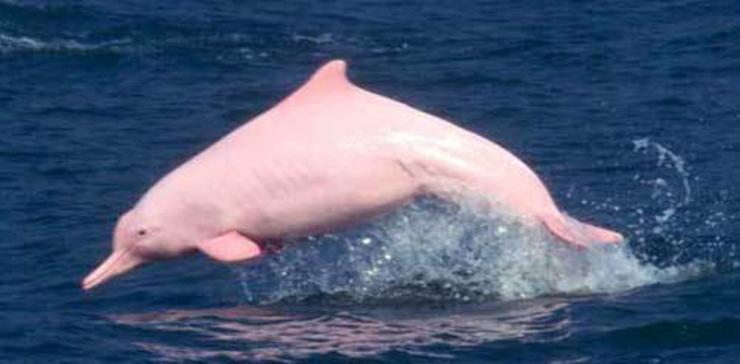Ocean Acidification is becoming an increasingly big problem. As we continue emitting carbon dioxide the oceans are becoming increasingly acidic. This is because around 30% of the carbon dioxide that's artificially emitted is absorbed into our oceans. Once in our oceans, it forms carbonic acid. This carbonic acid is harmful to sea life. In shelled species, acidic conditions the shell thins and the organism becomes more vulnerable to predators. In other species, the acidic conditions can disrupt their biological processes. There's even been research which suggests that acidity can impact communication in Dolphins for example.
Of course Scientists are determining whether this is a problem which warrants intervention. To do this - they need to understand the importance of the problem and what it actually is. One of the earlier investigations was carried out by a Belgian eco-physiologist, Sam Dupont. He put a batch of urchin larvae into a bath of highly acidic water to see how their skeletons would fare. Immediately, nothing obvious happened, he decided to check on them later in the evening, however he didn't remember until a few days later - at which point he thought they'd probably be dead. When he returned, he found the larvae swimming in their tank but their internal skeletons had dissolved away - but they still seemed to be functioning well. Even though this experiment doesn't provide any definitive conclusions, it does demonstrate the extreme case of what might happen if we let this problem develop. The article, published in Nature says how the acidity of sea water has climbed about 30% over the last 150 years. Some regions of the globe have already become corrosive to such an extent of where it has inhibited the growth of corals and some other species for part of the year. Projections have said that within a few decades’ creatures with calcium carbonate shells like mussels will run into problems within a few decades. Acidification might also impede the growth of plankton, potentially endangering entire marine ecosystems like fisheries and coral reefs.


